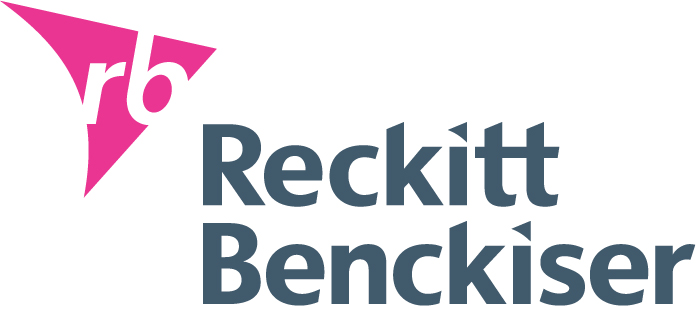Distressed hygiene and health products maker, Reckitt Benckiser Zimbabwe (RB), is auctioning its plant and equipment, signalling a total collapse of the company.
The assets are set to go under the hammer mid-March.
Hammer and Tongues (HT), the official auctioneers, said they expect the sale - including furniture and vehicles - to rake in millions of dollars.
"On behalf of Reckitt Benckiser, we will be conducting this auction sale within the client's premises," said an HT official who preferred anonymity.
RB started scaling down its operations last August and finally stopped operations towards year-end due to deteriorating economic conditions in the country.
Agrippa Mandiwona, RB's managing director, said the company - a subsidiary of London Stock Exchange-listed Reckitt Benckiser Plc - was forced to close down its Harare plant in December due to "cost competitiveness pressures".
"Manufacturing and cost inefficiencies' that are derived from economies of scale make it necessary for companies like ours to consolidate as many of our operations as is feasible to reduce the overheads component in our cost structures," said Mandiwona in an earlier interview with businessdaily.
Operational costs related to labour, utilities such as power and water, and raw materials are regarded to be higher in Zimbabwe relative to other countries in the region.
As a result, locally-produced products have not been able to compete with products manufactured in the region, especially South Africa.
Companies now prefer to buy products from the region and retail them on the local market. The country's trade deficit continues to bloat.
Statistics from the Zimbabwe National Statistics Agency (Zimstats) show that the country's total imports between January and November last year climbed to $7,1 billion, while exports rose to $3,3 billion, yielding a trade deficit of $3,9 billion.
RB joins a high number of companies that have shut down their operations locally citing factors such as shortages of raw materials, power, water and long term funding to sustain their businesses, affecting the competitiveness of local products.
The National Social Security Authority said between July 2011 and July 2013, 711 companies folded in Harare alone, resulting in 10 000 job losses.
Over the years, many companies across the country have closed down, with Bulawayo and Manicaland being the hardest hit.
Investment into the country has not reached the levels necessary to sustain economic growth. This deterioration in the economy has seen capacity utilisation in the manufacturing sector coming down from 44,9 percent in 2012 to 39,6 percent last year.
Zimbabwe has remained unattractive to international financing, largely due to negative perception and an external debt estimated at about $6,1 billion.
This has resulted in the unavailability of sustainable long-term funding to revive companies, with the available short-term loans being too expensive to sustain the recovery of the manufacturing sector.
Reckitt Benckiser, the multinational, was formed in 1999 after the merger of UK-based Reckitt & Colman Plc and Benckiser NV, based in the Netherlands.
Some of its renowned brands include Strepsils, regarded as the world's largest selling sore throat medicine; Air Wick, the world's second largest selling air freshener and Dettol, the world's largest selling antiseptic.
It had a market capitalisation of approximately $51,17 billion by end of last year.
- dailynews
 Concern over Masvingo black market
Concern over Masvingo black market  Kenya declares three days of mourning for Mugabe
Kenya declares three days of mourning for Mugabe  UK's Boris Johnson quits over Brexit stretegy
UK's Boris Johnson quits over Brexit stretegy  SecZim licences VFEX
SecZim licences VFEX  Zimbabwe abandons debt relief initiative
Zimbabwe abandons debt relief initiative  European Investment Bank warms up to Zimbabwe
European Investment Bank warms up to Zimbabwe  Young Investment Professional (YIP) Graduate Programme 2019
Young Investment Professional (YIP) Graduate Programme 2019 











 Young Investment Professional (YIP) Graduate Programme 2019
Young Investment Professional (YIP) Graduate Programme 2019
Editor's Pick